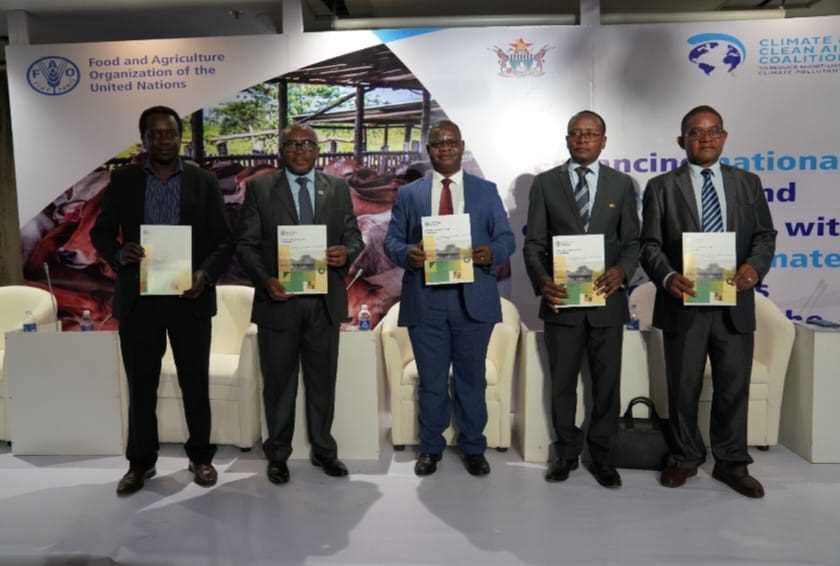
Zim Now Writer
Fidelity Life Assurance of Zimbabwe Limited (Fidelity Life) has received an adverse audit opinion for its financial statements for the year ended December 31, 2023.
This means the auditors, Grant Thornton, are unable to say with certainty that the company's financial statements accurately represent its financial position.
The audit report outlines several reasons for the adverse opinion.
One key issue is Fidelity Life’s implementation of IFRS 17, a new accounting standard for insurance contracts.
Related Stories
According to the report: “The Group is still in the process of upgrading its accounting, administration and information technology infrastructure to align with the requirements of IFRS 17.”
This has resulted in the company using “simplified models” that don’t accurately track profitable and unprofitable contracts. Farai Chibisa, the engagement partner on the audit, stated: “Once the upgrade of the accounting, administration and information technology infrastructure to align with the requirements of IFRS 17 is complete, significant adjustments may have to be made to the amounts recognised in these financial statements with respect to the Group's insurance contracts.”
Another major concern is Fidelity Life’s non-compliance with International Accounting Standard (IAS) 29. This standard requires companies operating in hyperinflationary environments to restate their financial statements using monthly inflation indices. The auditors found that Fidelity Life instead used an average inflation rate for the entire year, which could lead to misstatements.
The report also highlights the misstatement of opening investment property balances from 2022, and the inclusion of unaudited financial statements from a subsidiary, Vanguard Life Assurance Limited.
“The opening investment property balances of the Company as at 1 January, 2022, recognised in the consolidated inflation adjusted financial statements for the year ended 31 December 2022 were misstated,” the auditors noted.
“Management could not provide sufficient appropriate audit evidence to support the valuator’s assumptions applied in the valuation of the properties as at 31 December, 2021. As a result of the misstatement of the opening balances, the fair value gains on properties recognised in the comparative consolidated inflation adjusted statement of profit or loss and other comprehensive income for the year ended 31 December, 2022 are misstated.”



















Leave Comments